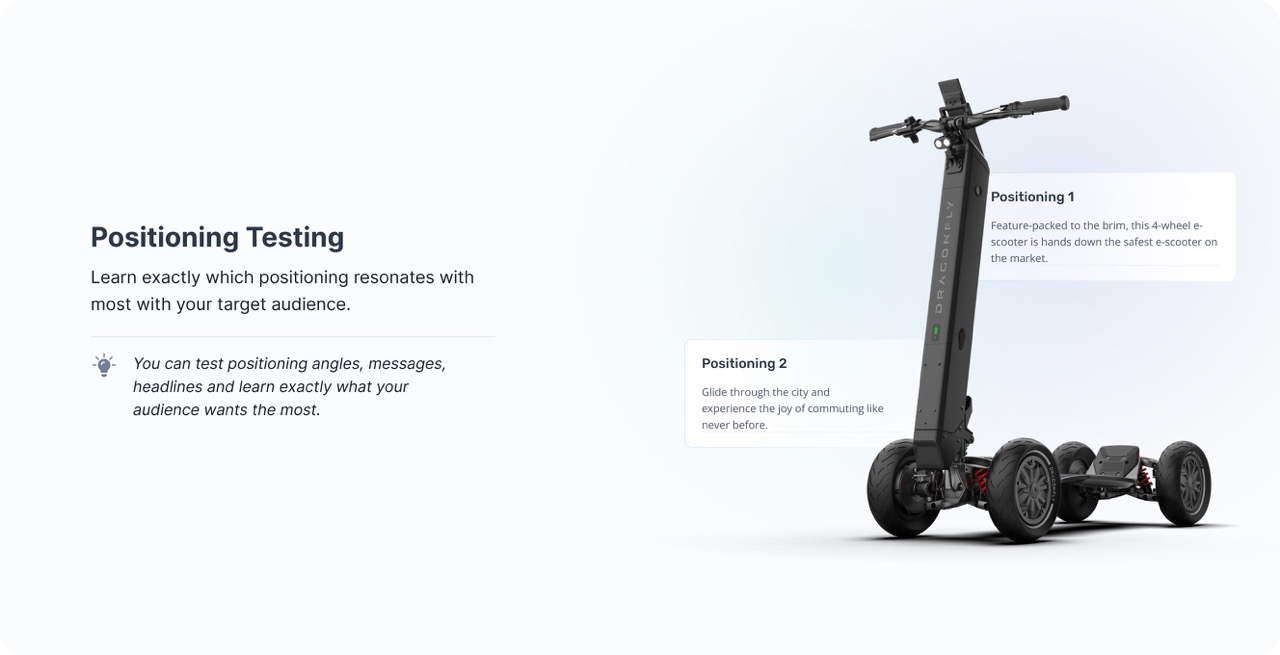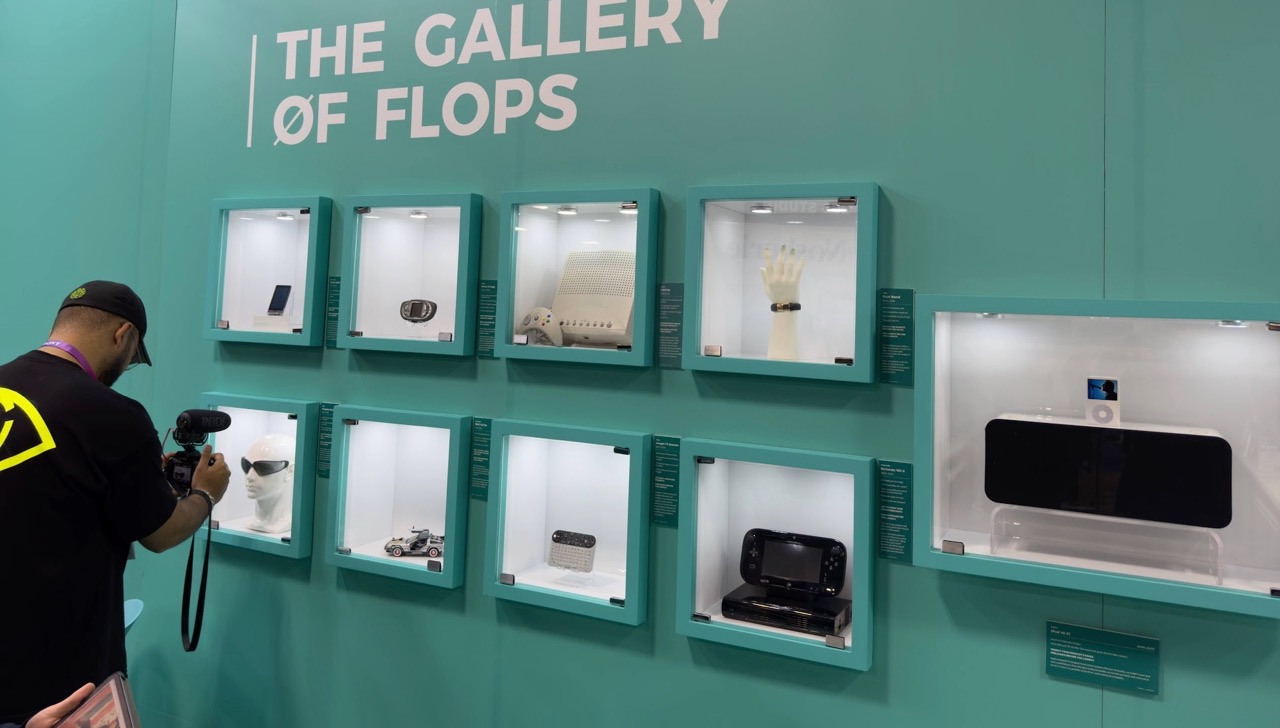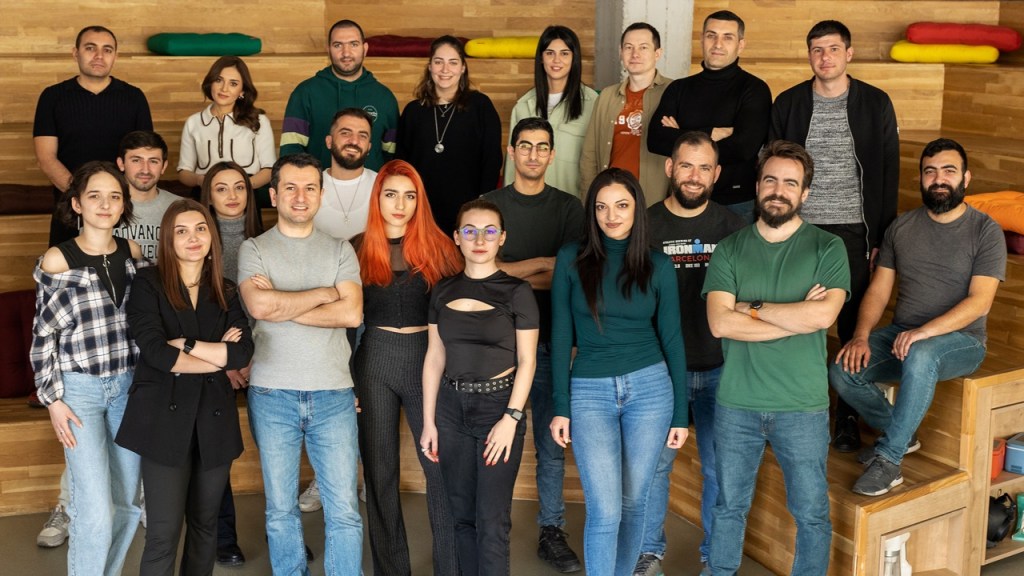Hardware startups are hard, the saying goes, but it isn’t always obvious why they are hard. One of the core challenges is that it has traditionally been hard to do agile hardware product development — even if you get everything “right,” how do you know that people actually want one of the 20,000 gizmos you so lovingly manufactured? Prelaunch.com is an Armenian startup that has developed tools to help startup founders figure out what’s worth building — and just raised $1.5 million to further develop its product and services.
“My friend Stepan called me one day, showing off a product they had designed — Gawatt Emotions — that had just won a prestigious award. Excited with his recent success and its potential, Stepan took a leap of faith and bought the rights from the client. He wanted to create a standalone product and sell it himself, and he reached out to me to see if I wanted to partner with him on this journey,” says Narek Vardanyan, CEO at Prelaunch. “But even though I liked the product idea, something didn’t quite jibe, ‘Why do you think this is gonna be successful, Stepan?,’ I asked him. We decided to run a test before spending huge sums on production and marketing.”
The test was a simple two-page website. The first page showed the general idea and asked people to leave their email to subscribe for updates. The second page had the price alongside a buy now button. The idea is simple: It checks the customer’s actual willingness to pay — as people were asked to consider the price, take out their cards and make a purchase. The team set up a marketing funnel, drove traffic to that page and waited.
“Results were bad. Very bad,” says Vardanyan in an interview with TechCrunch. “People were ‘interested’ in the product, as shown by the number of subscriptions on the first page… but only three people actually tried to pay for it! We were sad and happy at the same time. Sad, well, because we had to stop the business. But happy too that we just saved a lot of money and time.”
That anecdote explains the power of what Prelaunch is trying to build.

To date, the company had been bootstrapped, but it today announces it is closing its seed round on a SAFE note with a $10 million cap. Prelaunch is tooling up to go bigger; more engineers, more marketing and more customers.
“We raised from three VCs — Big Story VC led the round, and Formula VC, Granatus Ventures and BANA (Business Angel Network of Armenia) participated. One of the angels investing was Vahe Kuzoyan, co-founder of Service Titan,” Vardanyan said. “We are excited about your concept, because we can totally change the behavior in the industry.”
How the FirstBuild product co-creation studio is changing how new things are made
Prelaunch is founded on the core belief that the current practices in hardware product development basically haven’t changed in the last 100 years. Software found lean methodologies that are treated as fundamental religion in the SaaS world. There’s less of that in the hardware space, the company points out.
“Companies are losing millions of dollars by betting on the wrong product, basically, and overall one-third of the overall stock production is unused stock. We think that there is a really simple solution of pre-launching. The idea came from a previous company: We had a very successful marketing agency, which was dealing with customer hardware products, and we were getting a lot of innovative products to work with. The question was which product has a high potential and which ones won’t? It turns out we were always wrong,” Vardanyan laughs. “We tried a lot of stuff and nothing really worked until we started to employ a reservation model. When we started prompting users to put down actual money to prove their real purchase intent, we started getting better feedback.”
From there, the company and its products evolved and grew, and Vardanyan tells us that they accidentally discovered that this is a pretty universal problem for products, for first-time founders, experienced entrepreneurs and larger corporations.

Prelaunch, it appears, stumbled across a very practical application of behavioral economics: There’s a difference between what people say they will do, and what they actually do; it is sometimes unpredictable. People make decisions for reasons they can’t always explain, which is how you end up doing a focus group for a product where everybody agrees that it’s a great idea and that they would buy the gizmo you are surveying. But when the time comes to buy, it turns out they make a different decision. By taking a more active approach, the company can help product developers make smarter decisions about the product itself, but also pricing, positioning and marketing.
“Prelaunch is very different when we compared to conventional surveys because in this case, they already have this real buying intent. And then you can ask them basically anything, being sure that you know that you have the right sample group,” Vardanyan explains. “The platform solves two main problems: It helps you understand whether your product has viability in the market and helps you understand who your customers are at a very early stage. And this two pieces of information are critical to help ensure you are working on the right types of products.
The Prelaunch team says it has worked with more than 1,000 companies on its platform, with more than 100,000 visitors coming through every month.































Comment